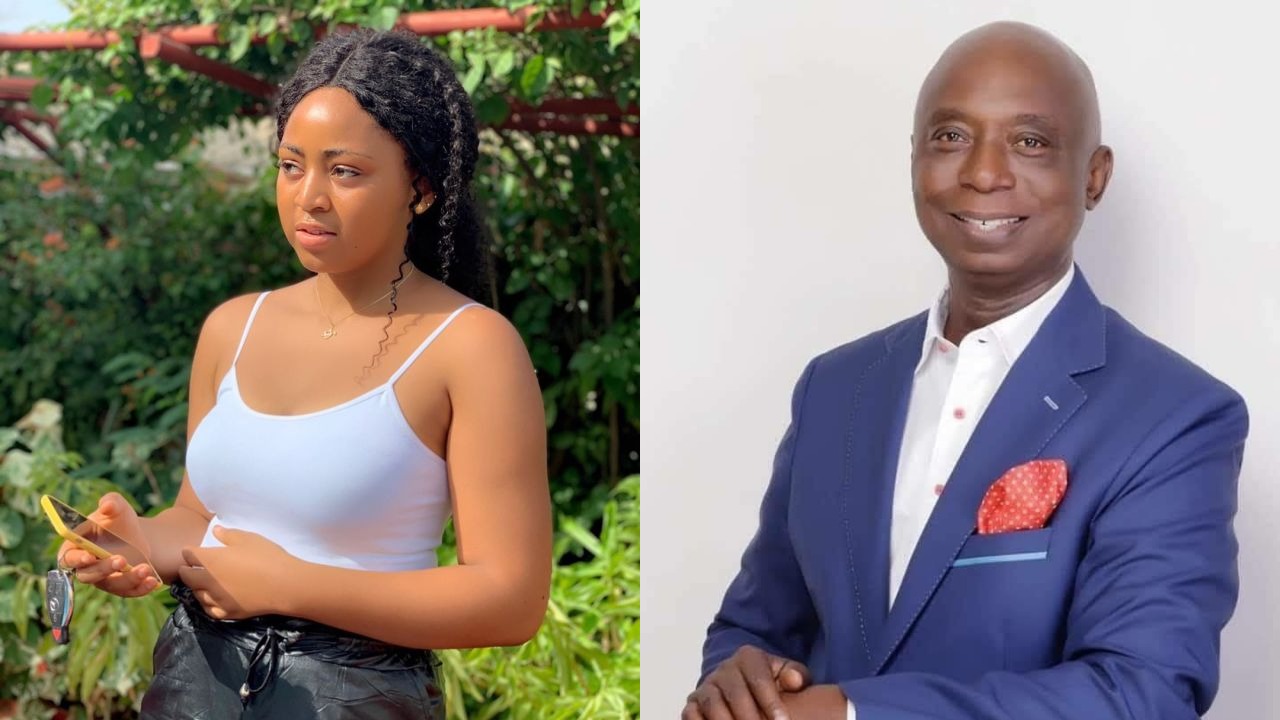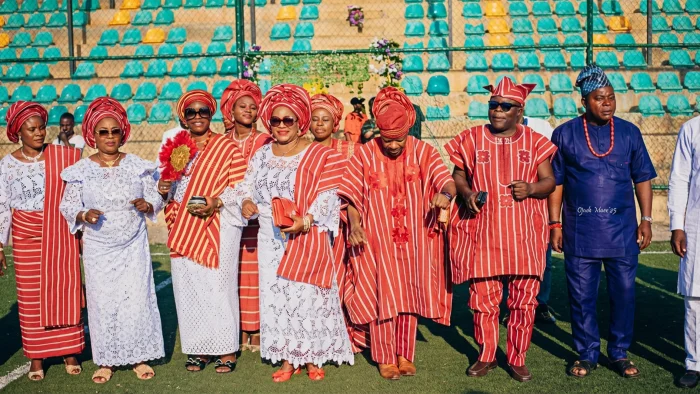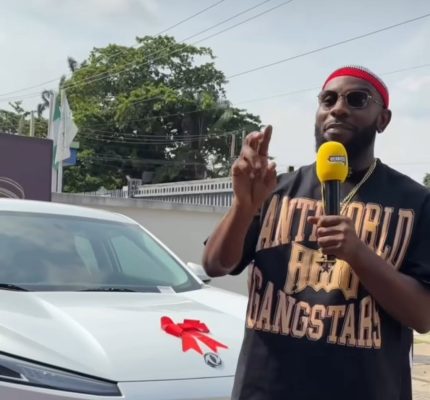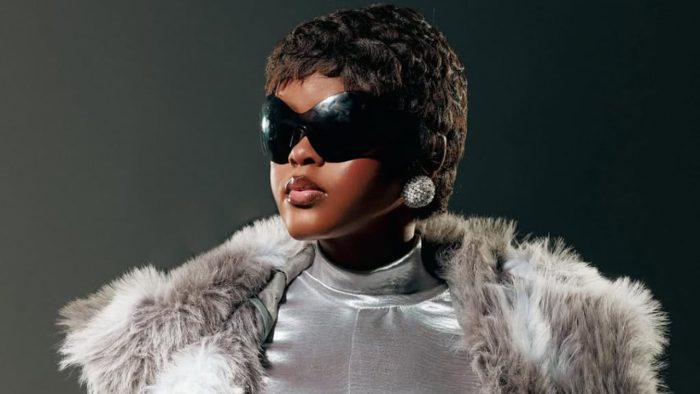After three years abroad, the 17th Headies returns to Lagos with an expanded eligibility period and the promise of fresh innovation. Yet critics argue it needs a major revamp to truly reflect Nigeria’s dynamic music scene.
After Nigeria’s biggest music award spent two editions overseas to, arguably, improve its operations, the Headies returns on 17 April, expanding its eligibility period to make up for its hiatus. However, as criticism surfaced on social media, many began to question whether the awards truly deserved the roast.
Calls for change
The Headies began in 2006 when Nigerian music was still in its pre-streaming era. With increased digital media literacy, it’s reasonable that audiences have started to spot pitfalls, creating a leaking patch in the show’s credibility.
Everyone seems to be pointing fingers at the Headies’ communication campaigns, production design, and live broadcasts. Culture correspondent and critic Nelson C.J, explains, “Nobody cares about it because it is stagnant. There is no creativity or evolution in their ideas.”
READ ALSO: After Two International Editions, The Headies Awards Returns Home
Similarly, another culture critic and editor, Adeayo Adibiyi, opined that the show’s “poor execution” hinged around the present production template. “Scrap it and get new people in,” he quips, noting that the 16th edition in Atlanta (2023) was meant to fix these issues.
Critics further argue that the Headies must refine its categories—ensuring gender balance in Best Producer, Best Songwriter, and Best Collaboration—and expand its genre palette. We cannot ignore the minority of women in music; more opportunities must be created for them to shine.
More categories
Additionally, the Headies needs to widen its palette of genres by incorporating contemporary alternative, electronic dance, and rock music categories, ensuring that non-orthodox, globally appealing sounds receive due recognition.
After initially recognising a contemporary award category in 2013, when Blackmagic clinched the trophy for his hit song, Repete, and again in 2023 when Wizard Chan won with Earth Song, the Headies should be the last to close its curtain on the alternative music movement.
Other categories, such as Best Electronic Dance Music and Best Rock Music, would shine a light on niche sounds that are often pushed into the minority in today’s overwhelming market. This is exactly the novelty or shock value that the award ceremony might currently be lacking.
Revamping for modern audience
To sustain its relevance, the Headies must urgently revamp for a streaming, tech-savvy audience—and fast. Modernising its production and communication approaches would undoubtedly spike its fanbase and ratings.
As Nelson C.J. noted, “They need to adapt to the times and make an effort to include young music listeners. Get their favourite artist to design the plaque, invest in music incubators and masterclasses leading up to the event.”
New ideas, extensive stakeholder engagement, and a touch of nostalgia—honouring historic Nigerian genres—could help broaden the horizon of what is considered popular music.
With a design that speaks to a more technologically fluent crowd, the Headies could ignite its fanbase and even win back those disenchanted by past editions. The Headies needs Nigerians to fall in love with it all over again, and Nigerians need it to preserve a legacy that is fundamental to our music ecosystem. The real magic lies in collaboration: bringing together the audience, the media, creators, and organisers to reimagine the awards.
Imagine a Headies that not only awards excellence but also sparks dialogue through innovative categories and nostalgic nods to historic Nigerian genres. A summit of ideas could deconstruct misrepresented genres and widen the horizon of what we define as popular music.
Sharpened communication, a fresh production spritz reminiscent of the 2022 edition—where, 16 years after Asa first won, Bnxn clinched the Best New Artiste prize with a Bentley Bentayga on offer—could signal a rebirth. Perhaps the Headies might even invest in building music business, media, and technology literacy among younger generations.
Whether or not Nigerians hold the Headies accountable, our only local music award institution must evolve if Nigeria is to grow into a music superpower. We need more private individuals, brands, and the general public to synergise and support the Headies.
READ ALSO: I’m bigger than the Headies, I‘ll win Grammy —Portable
The government also needs to invest in its cultural preservation institutions. For an institution like the Headies operating in a country with a Federal Ministry of Information and Culture, shouldn’t it be easier to pave the road less travelled for everyone concerned? Why not visit universities already and set up artist development camps? After all, it is glaring that many Afrobeats musicians actively discover their music passions around a university campus.
The time has come for Nigerian music stakeholders to stop merely dreaming and start taking decisive action—because the only thing worse than a terrible show is terrible apathy.







